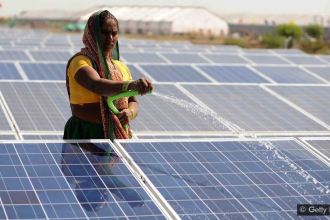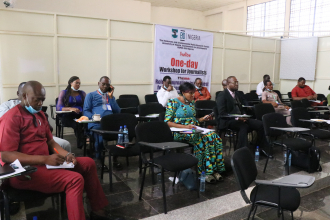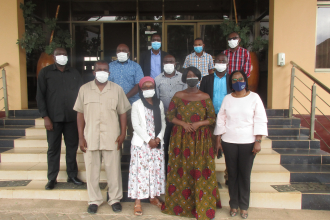Low-cost, low-emission 100% renewable electricity in Southeast Asia supported by pumped hydro storage
Rapid increases in electricity consumption in Southeast Asia caused by rising living standards and population raise concerns about energy security, affordability and environmental sustainability. In this study, the role of short-term off-river energy storage (STORES) in supporting 100% renewable electricity in Southeast Asia is investigated.




